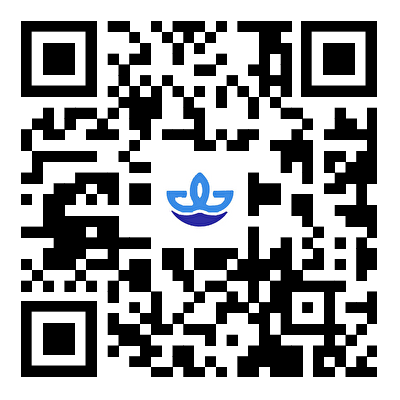How Can Proper Food Storage Help Maximize Freshness, Minimize Waste, and Improve Your Kitchen Efficiency?
2025-02-26
In today's fast-paced world, proper food storage is more important than ever. Whether you’re trying to make the most of your grocery budget, reduce food waste, or simply keep your ingredients fresh for longer, the way you store food plays a significant role in achieving these goals. But how exactly can proper food storage help maximize freshness, minimize waste, and improve the overall efficiency of your kitchen?
Why Is Food Storage So Important?
The importance of proper food storage extends beyond just keeping your food organized. It directly impacts the quality, safety, and longevity of your food. Poor storage practices can lead to spoilage, contamination, and loss of flavor, while using the right containers and methods can help preserve nutrients, prevent bacteria growth, and keep everything tasting fresh.
How to Maximize Freshness with Proper Food Storage
1. Understand the Right Temperature
Different foods need different temperature conditions to stay fresh. Refrigeration is essential for many perishable items like dairy, meats, and fruits, while room temperature storage works best for items like potatoes and onions. Freezing is another option for extending the shelf life of many foods like bread, vegetables, and leftovers.
Knowing when and how to store each type of food can prevent premature spoilage and help maintain their taste and texture.
2. Use Airtight Containers
Air is one of the main factors that contribute to food going stale. Using airtight containers or resealable bags ensures that air doesn’t come into contact with your food, which helps preserve its flavor, texture, and moisture. Glass containers, for example, are great for storing leftovers or snacks as they offer a reliable seal and are reusable.
3. Properly Store Fresh Produce
Many people store fresh produce in the wrong conditions, which leads to unnecessary waste. For example, berries should be stored in a breathable container in the fridge, and bananas should never be refrigerated as they ripen best at room temperature. Keeping fruits and vegetables separate can also extend their lifespan, as some produce (like apples) emits ethylene gas that can speed up the ripening of other fruits.
How to Minimize Food Waste with Effective Storage Practices
1. Keep an Organized Pantry
A well-organized pantry allows you to easily spot items you already have, preventing you from over-purchasing and reducing the likelihood of food expiring before you use it. Use clear containers to store dry goods like pasta, rice, and grains, and make sure to label everything with expiration dates.
2. FIFO Method
The First In, First Out (FIFO) method is a great way to rotate food in your pantry and fridge. Place newly purchased items behind older ones so that you naturally use up the older items first. This simple habit can significantly reduce food waste.
3. Label and Date Items
Keeping track of when foods were purchased or prepared can help you manage them better. Label jars, bags, and containers with purchase or expiration dates to ensure that you use food in a timely manner.
How Can Proper Food Storage Improve Kitchen Efficiency?
1. Time-Saving
With the right food storage solutions, you’ll spend less time searching through your pantry or fridge for ingredients. Pre-chopping vegetables, portioning out snacks, and batch-cooking meals can save time during the week, allowing you to focus on cooking instead of food preparation.
2. Reduce Cross-Contamination
Proper storage can also prevent cross-contamination in the kitchen. For example, meats should always be stored in separate containers from vegetables and fruits to reduce the risk of bacteria transfer. Organizing your kitchen based on food types can make a big difference in both cleanliness and safety.
3. Extend Shelf Life of Ingredients
Whether it’s storing grains in sealed bags or using proper freezer bags for meats, effective storage methods extend the life of your ingredients. This means less frequent grocery shopping and fewer trips to the store, allowing you to make the most of every purchase.
Conclusion
Proper food storage is more than just a way to keep your kitchen tidy—it is essential for maintaining food quality, reducing waste, and improving efficiency. By understanding the specific needs of different foods and using the right tools, you can keep your ingredients fresh, your meals flavorful, and your kitchen organized.



